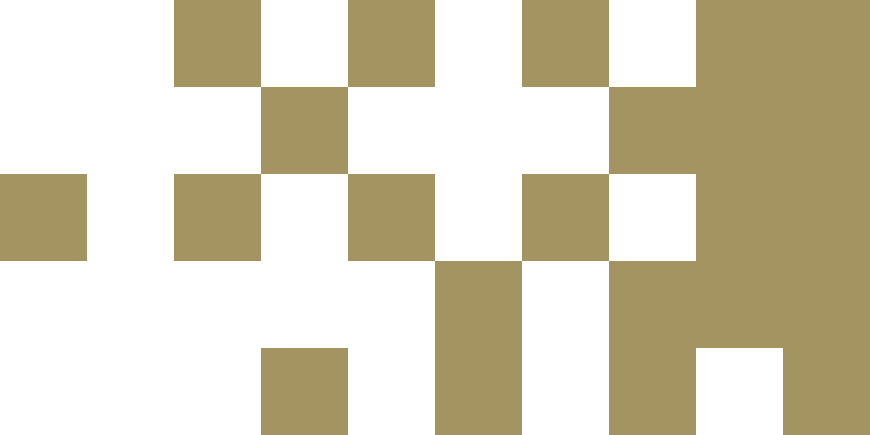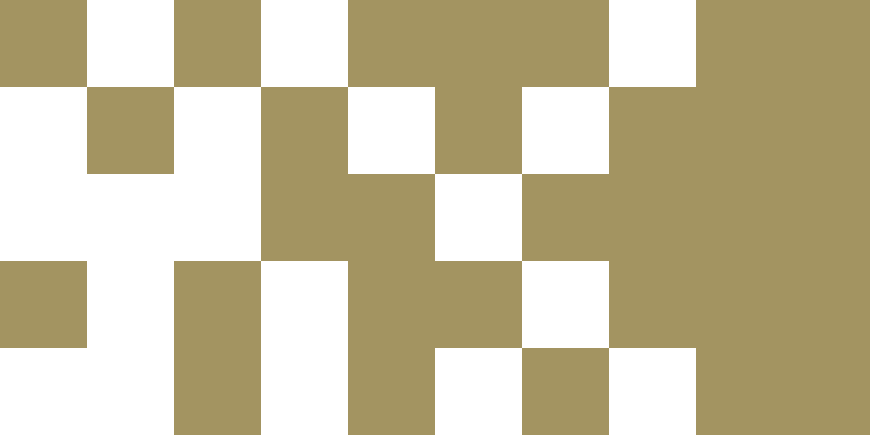Current Research Projects
4HCREAT Extension June 2017 – October 2023
4H-CREAT aims to generate transnational knowledge transfer models to enhance the sharing of RTD results from research institutions to the Cultural and Creative Industry (CCI) SME’s by developing innovative products through a transnational Quadruple Helix cooperation approach (end-user involvement and co-design). It will identify new products and services orientated to the new trends in market demand (i.e. Transmedia), by exploiting digital technology and economy.
In addition, the project will tackle the needs, challenges and opportunities for innovative and resilient business models of CCIs from a post-pandemic perspective. Note: This project initially commenced in 2017 and completed in 2020, it was subsequently awarded an extension in December 2022.
Suir Blueway VR 2.0 January 2023 – Dec 2023
The Suir Blueway VR 2.0 project seeks to build upon the work undertaken as part of the 2020/21 Innovation for Sports Inclusion SuirV project. Utilising a user-centric iterative design and development methodology, the SuirV project delivered a Virtual Reality environment based on a section of the Suir Blueway that runs through Clonmel. This VR environment allows users to experience canoeing by allowing them to virtually paddle various sections of the Suir Blueway. While the project successfully achieved its aim to develop a virtual reality experience that would increase awareness of canoeing, entice participants to engage in canoeing activities and overall strengthen the pathway to canoeing, the projects’ deliverable also underscored the still untapped potential this VR environment offers as a tool for supporting and enabling sport participation and inclusion. The goal of the Suir Blueway VR 2.0 project is to realise this potential.
Positive Reflections for Cancer Survivors Jan 2023 – May 2023
This project involves working with two cancer support centers in Munster to design and produce an illustrated 32 card reflection deck which will serve as a resource to help someone in recovery. 200 packs of cards will be produced and given to the participating centers. The center can then reprint the cards if they wish and sell them as a way to generate funding. The project involves working with cancer survivor participants to identify key affirmations/pieces of advice that helped them in their own recovery. These affirmations will then be illustrated by TUS animation students. The cards will be printed by the end of April 2023 and then a launch event will be held in May. This project is funded by Slaintecare Healthy Communities.
Consultation with Children and Young People Oct 2022 – April 2023
This project is a collaboration between TUS and the South Tipperary Arts Centre. The core aim is to identify what the young people of Clonmel (aged 3 to 24 years old) really want for their community. The goal was to use a creative research approach guided by the Lundy Model of child participation (2014). The research wanted to explore how young people see their communities, what an ‘amazing’ community would look like and finally what changes they would like to see to make their vision a reality? 182 young people took part in a total of 9 highly creative focus group sessions. These sessions were led by storyteller Mary Hickey and theatre director Catherine McVicker. The data was collected and analyzed by Dr Marie Walsh (TUS). 2 TUS Animation students illustrated the project – in real time by sketching both the process and key themes. The focus groups were held from October to December 2022 and the first report completed in February 2023. The second part of this research project involves the creation and roll out of a survey for young people from March to April 2023. The findings from this project will be used to seek policy changes and seek out funding opportunities to help develop the Clonmel community.
VR as a skills acquisition medium January 2023 – Dec 2023
The aim of the research is to:
- Assess the feasibility of using Virtual Reality as a canoeing coaching tool.
- Assess the effectiveness of Virtual Reality, if any, as a canoeing coaching tool that supports skills transfer to new participants.
- Investigate a pedagogical approach that best supports skills transfer when using Virtual Reality and suggest how best to support such skill transfer using both a real coach and in-app virtual coach.
The objective of the research is to produce an accessible body of knowledge and practise in relation to the use of Virtual Reality as a coaching tool and to hopefully encourage novel thinking for coaches.
It is proposed that the research will primarily be in the form of an observational study, which will align to an experimental design process, testing the hypothesis that Virtual Reality can be used as a tool to coach canoeing skills to people new to the sport. Two control groups and one treatment group will be used. Control Group A will receive no coaching in the skills of canoeing. Control Group B will receive “traditional” on-water training from a canoeing coach in a selection of Level 2 Kayaking Skills. A Treatment Group will receive the same skills coaching as Control Group B, from the same coach, but using off-water training supported by the Suir Blueway VR application.
All three groups will receive the required on-water safety training before being independently observed and assessed on the selected Level 2 Kayaking Skills.
The study will also be supported where appropriate by interviews and surveys.
To better understand what pedagogical approach that best supports skills transfer when using VR, the research will, prior to delivering coaching to the treatment group, conduct a small number of VR coaching sessions on test groups, iterating the pedagogical design each time, to better understand and transition closer to an effective pedagogical approach when utilising VR. This will be supported by surveys, interviews and observation.
Current Research Applications
Blue Create
Blue Create aims to strengthen the competitiveness and innovation capacities of SMEs in the CCI sector by fostering cross sector collaboration with the blue economy of the Atlantic Area through a quintuple helix approach. It will adapt CCI SMEs to new technologies and consumer trends and it will foster the development of innovative products and services using the creative skills of CCIs to respond to the needs of the blue economy and taking the maritime environment as a source of innovation.
Virtual Reality YouthWork Space
We are collaboration with Youth Work to develop an interactive youth work space in Virtual Reality. The multiplayer space will be designed to be safe, accessible, moderated and equipped to facilitate a range of youth work activities. The project is currently at early design and a number of prototypes have been developed and tested with students in TUS.
Current Postgraduate Research
- Title of PhD Research: Animating Addiction: a practice-based study of addiction and recovery
- Title of PhD Research: How can engagement with the stop motion filmmaking process be of therapeutic benefit to people with depression?
- Title of MA Research: How can we design a virtual reality environment for cancer survivors that aids their recovery?
- Title of MA Research: Exploring the potential of using multiplayer gaming environments as a means of engaging young people and promoting personal development in a youth work context.




